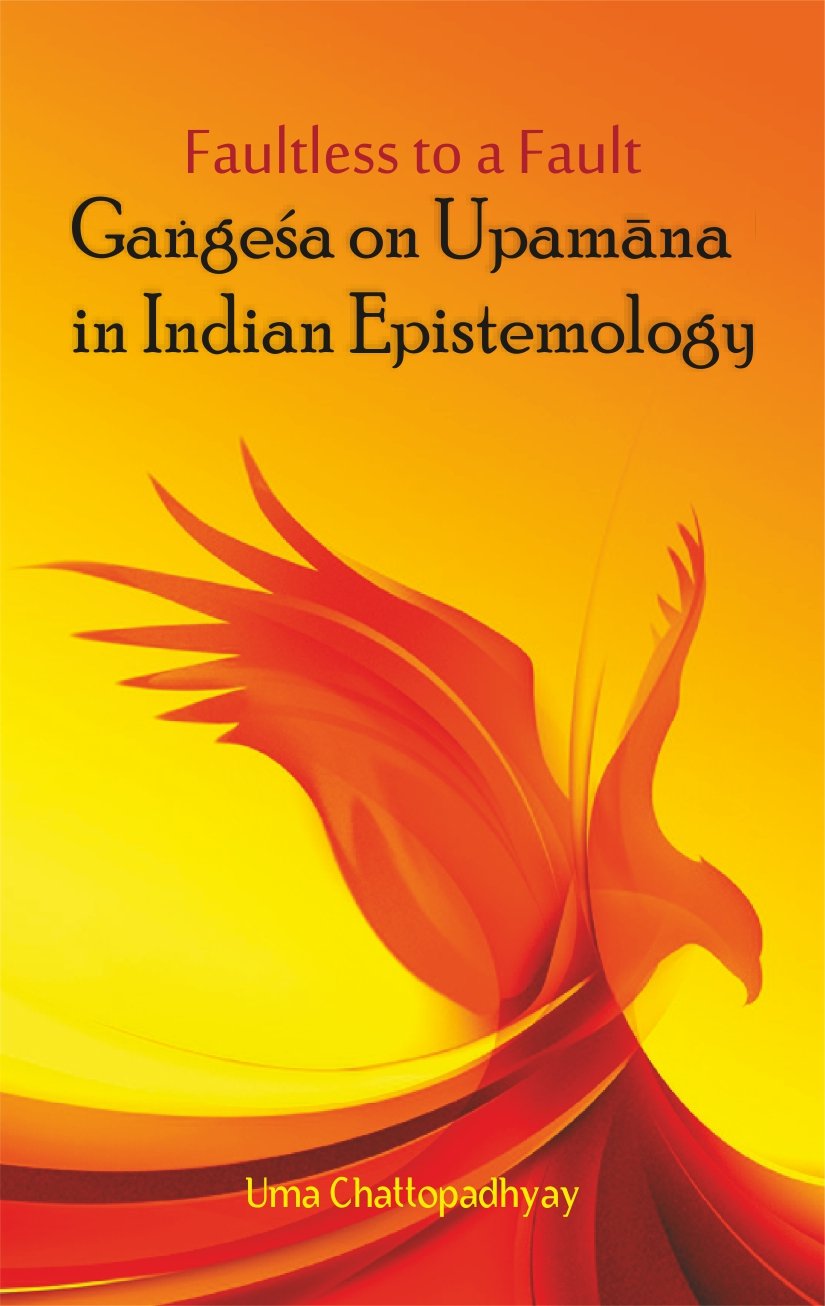Faultless to a Fault: Gangesa on Upamana in Indian Epistemology
Faultless to a Fault: Gangesa on Upamana in Indian Epistemology is backordered and will ship as soon as it is back in stock.
Couldn't load pickup availability
Genuine Products Guarantee
Genuine Products Guarantee
We guarantee 100% genuine products, and if proven otherwise, we will compensate you with 10 times the product's cost.
Delivery and Shipping
Delivery and Shipping
Products are generally ready for dispatch within 1 day and typically reach you in 3 to 5 days.
Book Detail
- Author: Chattopadhyay, Uma
- Brand: D.K. Printworld Pvt. Ltd.
- Edition: 2015
- Binding: Hardcover
- Number of Pages: 114
- Release Date: 01-09-2015
- EAN: 9788124608173
- Package Dimensions: 9.1 x 6.6 x 1.1 inches
- Languages: English
Description:
This book serves as a sequel to the author’s earlier work, Dishonoured by Philosophers: Upamana in Indian Epistemology (2009), which explored the concept of upamana (analogy or comparison) as a valid means of knowledge in Indian philosophy, particularly within the Nyaya school. The previous volume examined the arguments of the 11th-century philosopher Udayanacarya. However, the debate over upamana did not end there, as many Indian philosophers—including Bauddhas, Jainas, Samkhyas, Vaisheshikas, Mimamsakas, and even some Naiyayikas—remained skeptical of its epistemic status.
This book delves into how the 12th-century philosopher Gangesha Upadhyaya, in his seminal work Upamanacintamani, defended upamana as an independent and irreducible pramana (means of knowledge). The analysis is further enriched by referencing Pragalbhacarya’s celebrated commentary on Gangesha’s work. Through a detailed and dialogical method, the author evaluates the evolution of the debate and ultimately upholds Gangesha’s arguments as the most refined and definitive defense of upamana, justifying its place in the Indian epistemological tradition. The title Faultless to a Fault reflects Gangesha’s unparalleled precision in establishing upamana within the larger framework of pramanas.
This scholarly work is a must-read for those interested in Indian philosophy, epistemology, and the historical discourse on upamana.





